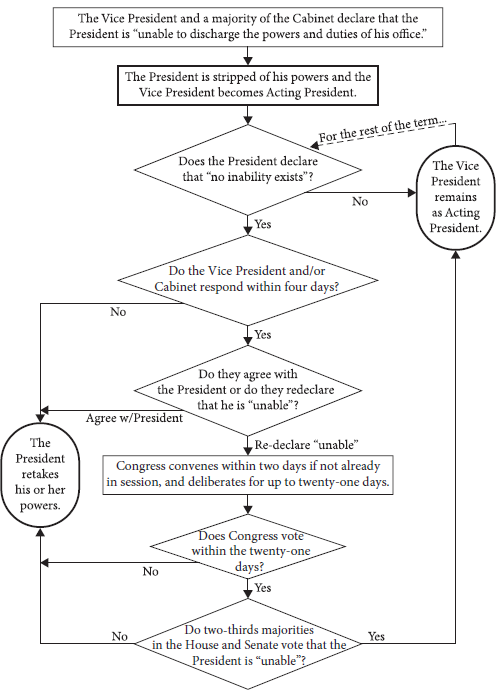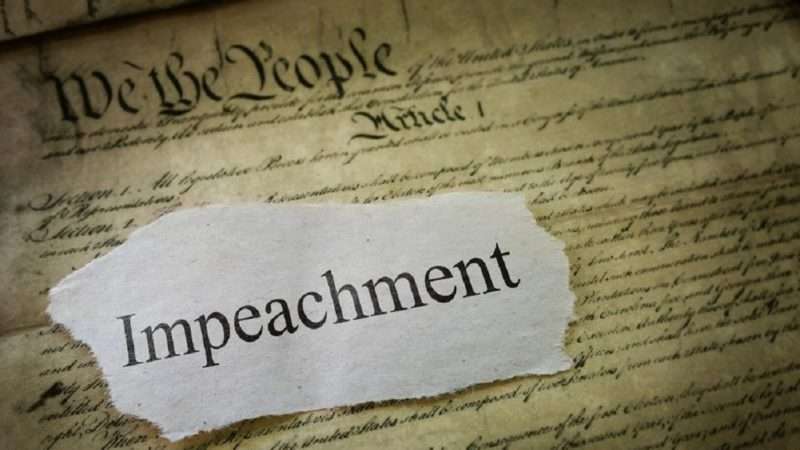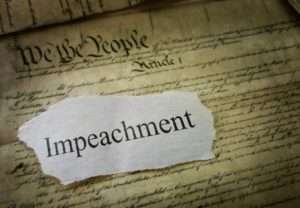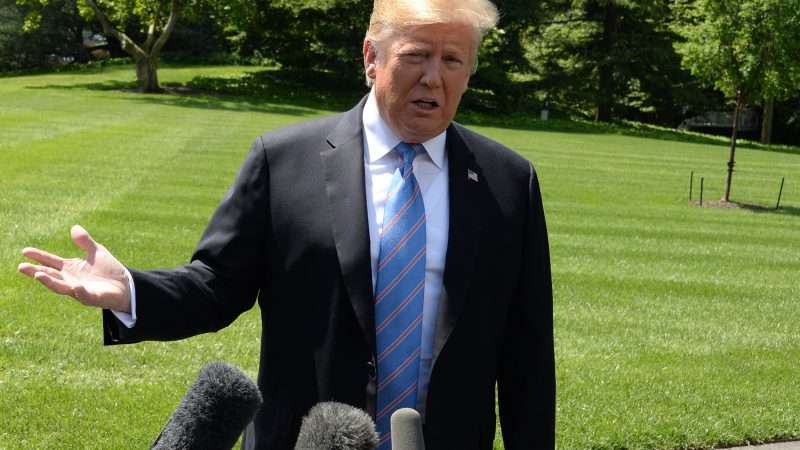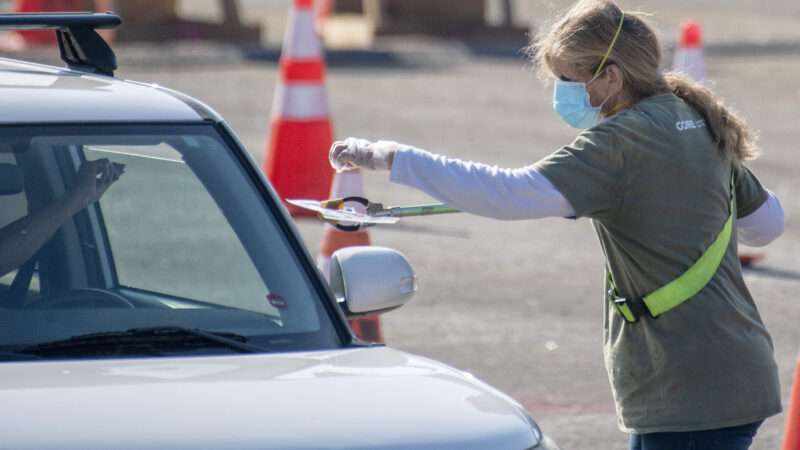
It’s the beginning of a new year. It’s almost the beginning of a new presidential administration, too. In theory, now is a perfect time for some resolutions: to start fresh, fix the mistakes of the past, or do what we never got around to doing. In that spirit, I offer some advice to the Biden administration; Congress; and state and local governments.
State and local governments should reopen schools. That many schools are still not providing in-person instruction is unforgivable. We’ve known for months now that in many scenarios, in-person instruction poses little risk to children, their teachers, and their communities. Indeed, in Germany, school closures were not associated with reduced transmission of COVID-19.
And yet, schools in counties such as mine have been closed for over 300 days, even in the face of the known high costs of online instruction. In Arlington County, where I live, failing grades at middle school and high school levels have increased by 200 percent and 26 percent, respectively.
Sadly, high school children who hoped their athletic performance would help them get into college or get scholarships have also been stuck at home. Lower-income children and those with disabilities are impacted the most, and equity of access was even used as an excuse to stop all new instruction back in March 2020.
As for Congress, it must stop being so generous with other people’s money. This extra spending creates serious economic distortions and counterproductive behavior related to unemployment benefits or bailouts.
Legislators from both parties have been fiscally reckless for years. But it has gotten worse during this pandemic under the stewardship of a Republican president who openly says that he doesn’t care about higher spending. The result is a Congress that abdicates all sense of restraint and approves large checks to Americans, whether they were professionally affected by the COVID-19 crisis or not.
The federal government is dispensing bonuses on top of unemployment insurance payments, often providing more money for not working than working. Other wasteful expenditures include repeated bailouts to airlines.
The negative consequences of this unchecked spending will be huge. The Congressional Budget Office, for instance, warned that an extension of unemployment bonuses and benefits creates disincentives to work and a slowdown of the economy. This extra spending also produces an ungodly level of debt, which academic research shows will ultimately slow economic growth. This means that future generations will both live in a slower-growth environment and face higher taxes to pay for today’s obscene spending. And this doesn’t even address the cultural distortions created by programs designed to pay people not to work.
Finally, the administration must speed up not only the distribution of existing vaccines but also the approvals of new drugs. The private sector has delivered the vaccine to fight this pandemic at a speed never before seen. As much as I fear setting the precedent that we can only be freed from destructive lockdowns once we have large-scale vaccination, it seems like the only way politicians will allow us to get our lives back. This means that vaccine distribution is a priority and needs to be accelerated.
Sadly, the government is often inept at doing the basic stuff that the private sector does on a regular basis. That’s why someone on Twitter once joked that if Amazon and Chick-fil-A were in charge of vaccine distribution, they’d have the population vaccinated in no time. There’s some truth to this. The new administration should consider leveraging the private sector for that job.
Increasing the supply of vaccines is also a priority. One way is for the Food and Drug Administration to approve new ones faster. Waiting through an endless FDA process costs many lives for no reason. The FDA could also consider authorization for giving only half a dose of the Moderna vaccine, which has been shown to provide an “identical immune response” to the standard dose.
According to the FDA, the data for the Pfizer-BioNTech vaccine show that “Efficacy against severe COVID-19 occurring after the first dose was 88.9%.” So the FDA should consider approving “first doses first” distribution: The priority should be giving the first dose to more people before giving a smaller group two doses.
These are only a few things I wish to see happen soon. Once that’s done, Congress and state officials can then tackle ending cronyism, reforming welfare, and ending all the regulations that make it harder for lower-income workers and minorities to work and prosper.
COPYRIGHT 2021 CREATORS.COM
from Latest – Reason.com https://ift.tt/3nktYgP
via IFTTT
